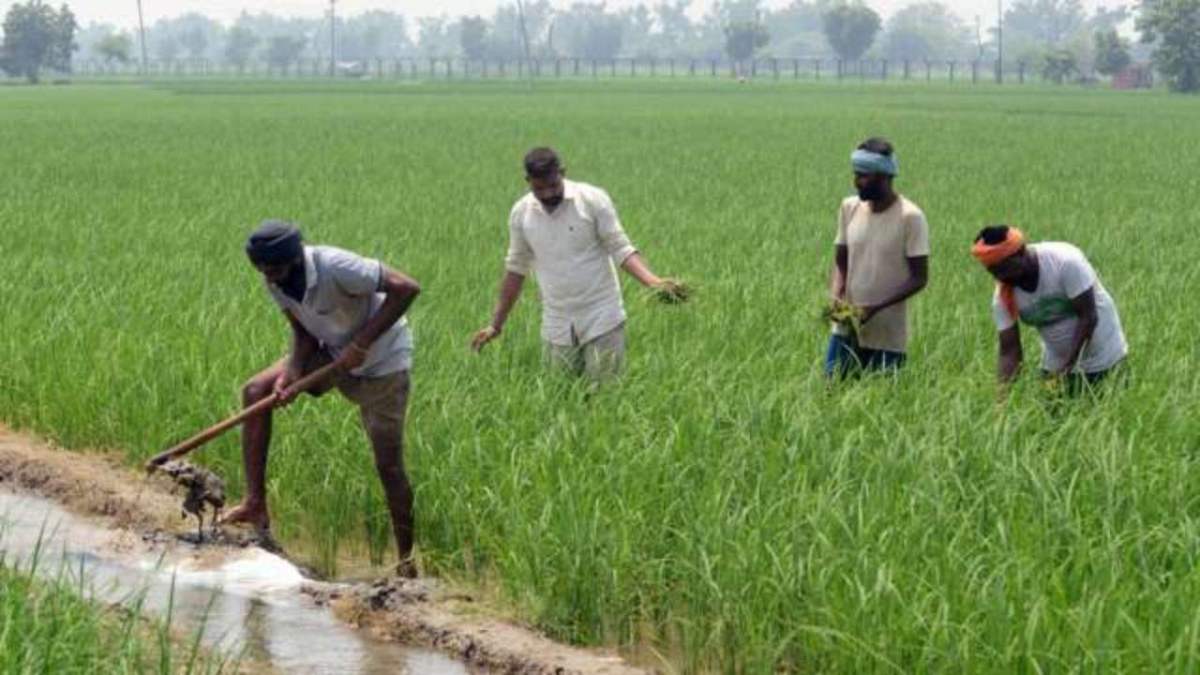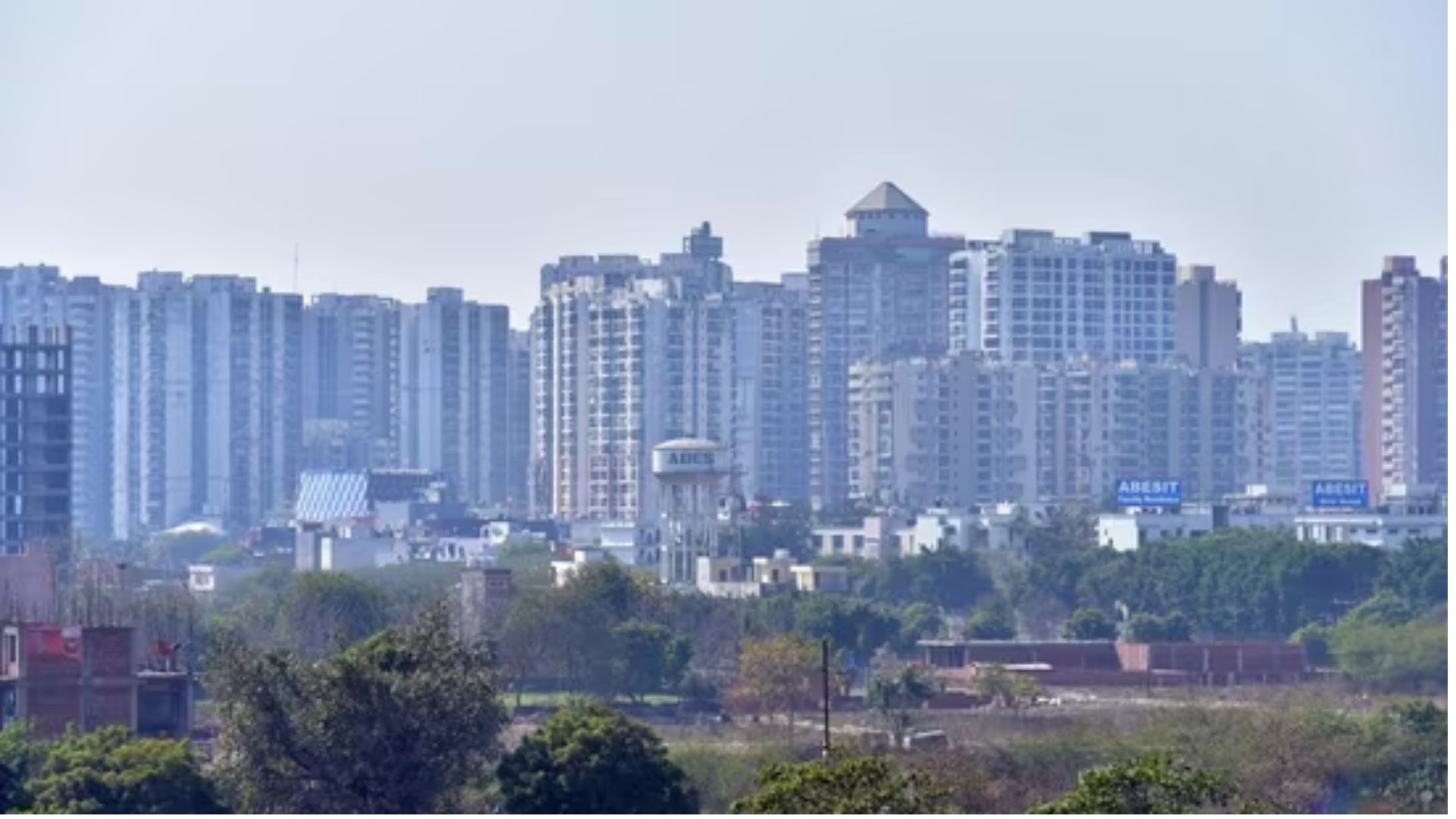
One of the most significant members of society is a farmer. He is the foundation of the economy of India. All the economic development in the country is possible only if the farming community is taken care of on a priority basis. More than 15 percent of India’s GDP is accounted for by the agricultural industry. As well as the agricultural industry, India has the largest number of employment.
The farm bill ties the food on our plates, the farmers and ranchers who produce that food, and the natural resources- our soil, air and water- that make growing food possible.
The farm bill is a bill package approved approximately once every five years, which has a significant effect on the livelihoods of farming, how food is grown, and what kinds of foods are produced. The farm bill sets the framework for our food and agricultural systems, covering programmes ranging from crop insurance for farmers to sustainable access to food for low-income families, from launching farmers training to promoting sustainable farming practices. It is our job, as a leading advocate for family farmers and sustainable agriculture, to ensure that this critical bill is good for farmers, good for consumers and good for the environment.
The farm bill expires and is revised every five years: proposed, debated, and approved by Parliament and then signed by the President.
What is Farm Bill 2020? The three bills that the Lok Sabha passed are the Farmers’ Produce Trade and Commerce (Promotion and Facilitation) Bill, Farmers (Empowerment and Protection) Agreement on Price Assurance and Farm Services Bill and Essential Commodities (Amendment) Bill.
Trade of farmers’ produce: The Ordinance permits intra-state and inter-state trade in the produce of farmers outside of: (i) physical premises of market yards controlled by market committees constituted under the APMC Acts of the State and (ii) other markets notified under the APMC Acts of the State. Such trade may take place in a ‘outside trade area,’ i.e. any place where the produce of farmers is processed, collected and aggregated, including: (i) farm gates, (ii) factory premises, (iii) warehouses, (iv) silos and (v) cold storage.
Electronic trading: The Ordinance allows for the electronic trading in the specified trade area of scheduled farmers’ produce (agricultural products covered under any state APMC Act). In order to facilitate the direct and online buying and sale of such products through electronic devices and the internet, an electronic trading and transaction platform may be set up. These platforms may be set up and operated by the following entities: I companies, partnership companies or registered companies with a permanent account number under the Income Tax Act of 1961 or any other document notified by the central government; and (ii) a farmer’s producer organisation or a cooperative agricultural society.
Market fee abolished: The Ordinance prohibits state governments from levying any market tax, cessation or levy on producers, traders and electronic trading platforms carried out in a ‘outside trade area’ for the trade of farmer’s goods.
Farming agreement: The Ordinance provides for a farming agreement between a farmer and a buyer prior to any agricultural goods being produced or raised. The minimum period of the agreement would be one crop season, or one livestock production cycle. If the production cycle is longer than five years, the maximum duration is five years.
Pricing of farming produce: The price of farm goods should be specified in the agreement. For prices subject to variance, it is important to specify in the agreement a guaranteed price for the product and a reasonable reference to any additional amount above the guaranteed price. In addition, the price determination process must be listed in the agreement.
Dispute Settlement: A farming agreement must provide for both a conciliation board and a dispute settlement conciliation process. A fair and balanced representation of the parties to the agreement should be provided to the Board. All disputes must first be referred to the Board for resolution. If, after thirty days, the dispute remains unresolved by the Board, the parties will approach the Sub-divisional Magistrate for a resolution. The Parties shall have the right to lodge an appeal against the decisions of the Magistrate with the Appellate Authority (presided over by the collector or additional collector). Within thirty days of receipt of the appeal, the Magistrate and the Appellate Authority would then be required to dispose of the dispute. The Magistrate or the Appellate Authority may impose on the party contravening the agreement certain penalties. However, no action against the farmer’s agricultural land for the recovery of any dues can be taken.
Regulation of food items: The Essential Commodities Act, 1955, allows the central government to classify such commodities as essential commodities (such as food products, fertilisers, and petroleum products). The production, supply , distribution, exchange, and commerce of such essential commodities may be regulated or prohibited by the central government. The Ordinance provides that the supply of certain food products, including cereals , pulses, potatoes , onions, edible oils and oils, may be controlled by the central government only under specific circumstances. They include: (i) war, (ii) famine, (iii) extraordinary price rise and (iv) natural calamity of grave nature.
Stock limit: It is provided by the Ordinance that the imposition of any stock limit on agricultural products must be focused on an increase in prices. A stock limit will be enforced only if: (i) the retail price of horticultural products has increased by 100%; and (ii) the retail price of non-perishable agricultural food items has increased by 50 percent. The increase is calculated on the prevailing price immediately preceding the twelve-month duration or on the average retail price of the last five years, whichever is lower.
The government said the bills would boost the sector of agriculture. This will also raise the income of farmers, the centre said. In fact, by 2022, the government had also promised double farmers income, and the Centre said the Bills will make the farmers stable of government-controlled markets and bring them a better price for their goods. The Bills propose the establishment of a scheme in which farmers and traders may sell their goods outside the Mandis. In addition, it also encourages intra-state trade and this implies reducing transport costs. In addition, the Bill offers a basis for agreements that enable farmers to engage with agri-business companies, retailers, service exporters and the selling of produce while giving farmers access to modern technology. It also provides benefits to small and marginal farmers with a land area of less than five hectares. The Bill would also delete commodities from the list of important goods such as cereals and pulses and attract FDI.
Farmers were apprehensive about the Bill. They say they are apprehensive about getting their product’s minimum support price. They are also worried about the upper hand in negotiations between agri-businesses and big retailers.
They feel that this will place them at a disadvantage. They also suggest that the price will be dictated by the companies and the benefits for small farmers will decrease the sponsors engagement with them.
“The government has repeatedly claimed that these bills would revolutionise the lives of Indian farmers, saying” MSP was, MSP is, and MSP would continue in the future. It also asserted that these bills would allow farmers to link with large traders and exporters, bringing agricultural benefit.
“For pure political reasons, few people have opposed it. Under the leadership of PM Modi, well-being is taken care of by the poor and farmers. In its manifestos, Congress has also said certain things. A decision was taken by the Modi government. MSP will remain, I want to assure you all,” said Narendra Singh Tomar, Union Minister.
In the meantime, the Union Minister for Agriculture has also said that these bills would not affect the APMC Act of the State. “APMC will be within the state, but there will be inter-state trade beyond its periphery, and farmers will still be able to sell their goods from their fields, their homes, and elsewhere after the legislation comes into use.”
Farmers in Punjab State have organised a three day protest against the farm bills. Badal too, tendered her resignation after the Bills were passed by the government . Opposition parties including Congress, TMC, BSP together with DMK opposed the agriculture sector reform bills, saying they were against the interests of small and marginal farmers. Congress upped its ante against the Modi government, terming the move a conspiracy to defeat the green revolution.Slamming the govt , Congress leader Gaurav Gogoi said: “This government has been eyeing, how they will take the farmers’ land to profit their capitalist friends, whether is that the Land Acquisition Act, whether within the industrial system through weakening the labour courts and now this three-pronged attack on the Indian agricultural system through the two bills on farming – one associated with APMC, the other one is linked to contract farming and the third bill which is on crucial commodities, a three-pronged attack on the Indian farmers.”
A majority of farmers who may stand to gain from further decisions proposed by the new legislation may not support the old system. On the other hand, in ‘mandis’ the bills are likely to affect influential ‘commission agents’ (known as ‘arhatiyas’ in Punjab and Haryana) who don’t want to lose their control on farmers.
Due to the ‘Mandi Tax’ loss, a decent source of revenue, the state governments of Punjab and Haryana will be most affected.
The ‘arhatiyas’ would also lose not only their commissions, but also their traditional business, officials have explained.
Since the previous functions as informal bankers without collateral within the times of need, Arhatiya and farmer relations are close. But the legislation, the governing body said, did not fully do away with the system and added an alternative instead. The worries of dismantling the MSP system were wrong.
The issues and concerns presented by the protesters include the end of the ‘minimum support price’ (MSP) scheme in due course, the irrelevance of the ‘mandis’ of the state-controlled Agricultural Produce Market Committee (APMC), the possibility of losing land rights under the rule of contract farming, reduction in farm production prices due to the dominance of the market by large agro-businesses and the exploitation of farmers by large contractors by contract farming provisions.
The debate over the farm bill 2020 has generated more heat than light. Farmers across Punjab, Haryana and Kerala are majorly protesting against the first two bills related to trade & commerce and assurance of price. The farmers protects is also getting support from various political parties like congress, AIADMK , TMC , RJD, SAD, BSP etc. The opposition parties have collectively called it as a “sell-out to corporate interests”.
Imagine a situation where are basis necessity of life (one that we call food, shelter, clothing) is circumvented by government, what havoc and disturbance it can bring in society. One thing we as a society needs to understand here is that the farmers acts as a fundamental backbones of our Indian economy. And in this pandemic where everyone is struggling with their own problems, the farmers where the one who kept on producing, cultivating basic crops for running the economy and successfully transporting them to mandis.
Now, after recent privatization by our government the concept of “mandis” and “minimum support prices” has been removed. This removal is not only going to impact farmers but also state revenue that was primarily coming from those mandis, this could be one of the reason why many opposition parties are condemning these bills from the start. Apart from this farmer also fears that due to removal of MSPs from the former farmer and agriculture bill will minimize their capacity and strength of bargaining with big companies. A farmer is allowed to sell their product to any one and anywhere according to their own convinces but farmers fear that they won’t be having such adequate knowledge to negotiate the best terms with private companies.
This fear of losing their basis income arising out of that land can’t be truer when there is really no such provision and discussion relating to any dispute resolution mechanism in these three bills. Many people have called it “era of draconian laws” be it industrial labour act to this present day discussed bill relating to farmers. The issue is that may be a few farmers find these bills attractive in the beginning but in the end when they will be not given proper opportunity to negotiate the desired price, they won’t have a backup option either.















